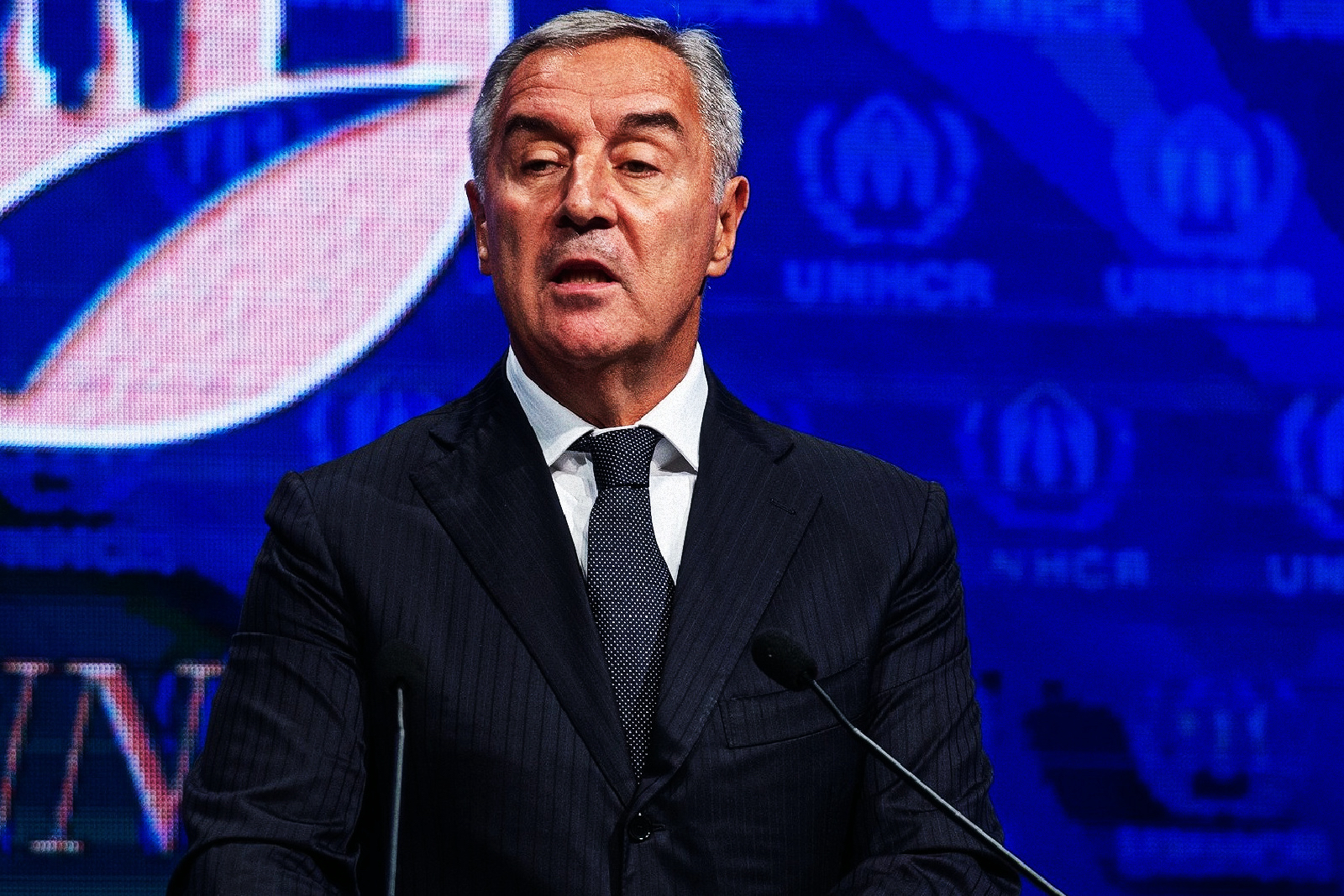
Media
Milo Dukanovic on Europe and the Western Balkans
The United States Institute of Peace had a fascinating conversation with Milo Đukanović, the president of Montenegro. It was a virtual event hosted by Wess Mitchell, a former U.S. diplomat.
The focus of the discussion was “Assessing the State of European Security: A Presidential Perspective from the Balkans” and it touched on everything from Ukraine and European security to corruption in Montenegro.
Đukanović spoke through a translator and I generally found him to be forthright and fairly matter-of-fact about the challenges facing Europe and more precisely, Montenegro.
Đukanović is one of Europe’s longest-serving heads of state, having served as either president or prime minister for more than three decades. However, that could come to an end on April 2 when he faces Jakov Milatović, a 37-year-old pro-Western former economy minister, in a run-off election. Neither Đukanović nor Milatović secured the required 50% majority in a recent presidential election on March 19.
Montenegro is facing a challenging time. Aside from the devastating war in Ukraine, the country has to contend with an increasingly belligerent Serbia and a Russia that can’t seem to accept that some countries in the Western Balkans align more with Western liberalism than its brand of authoritarianism.
While Montenegro did end up joining NATO in 2017, it wasn’t without its challenges. Russian election meddling in the United States is well documented, but often ignored in the Western press are efforts by Russia to undermine democracy elsewhere.
Luka Ignac and Kevin Morris write in the Atlantic Council: “The Kremlin is no stranger to weaponizing cultural and religious connections in Montenegro. In 2019, fourteen people, including two alleged Russian intelligence agents, were convicted of attempting to overthrow the government in Podgorica and prevent the country from joining NATO.”
With Montenegro having to contend with a populace who see themselves as Serbs, and generally who are opposed to the country’s 2006 independence, governing such a country can be a challenge.
After a lengthy introduction by Mitchell, Đukanović offered a very detailed outlook on his impression of where things currently stand in Europe.
“Let me, first of all, say that the Russian aggression in Ukraine has strong repercussions on this region and I believe that we all have registered that the Russian engagement in this region has actually started much before ever since 2014, Russia has been changing its course towards the perspectives of the European Balkan and it has been trying to…influence here in the Western Balkans countries trying to make them choose a different future instead of the Euro Atlantic,” Đukanović said.
On whether Ukraine will eventually join NATO, Đukanović offered this insight: “We need to analyze also the issue of membership in NATO. I believe that it will be more subtle and that it will be sold on a higher level not only on the level of Ukraine but there’s something that should encourage all of us. I mean if this situation with Ukraine encouraged today the traditional neutral Finland and Sweden to choose to become members of NATO then there is no doubt that this will certainly be the future of Ukraine.”
And in answering my question regarding how he envisions the war in Ukraine will end, Đukanović gave a very candid answer. “The situation is that nobody knows the answer to that question including those who participate in the war.”
I have embedded the video below. I suggest you watch the video for Milo Đukanović’s perspective on the current state of Europe and the Western Balkans.

